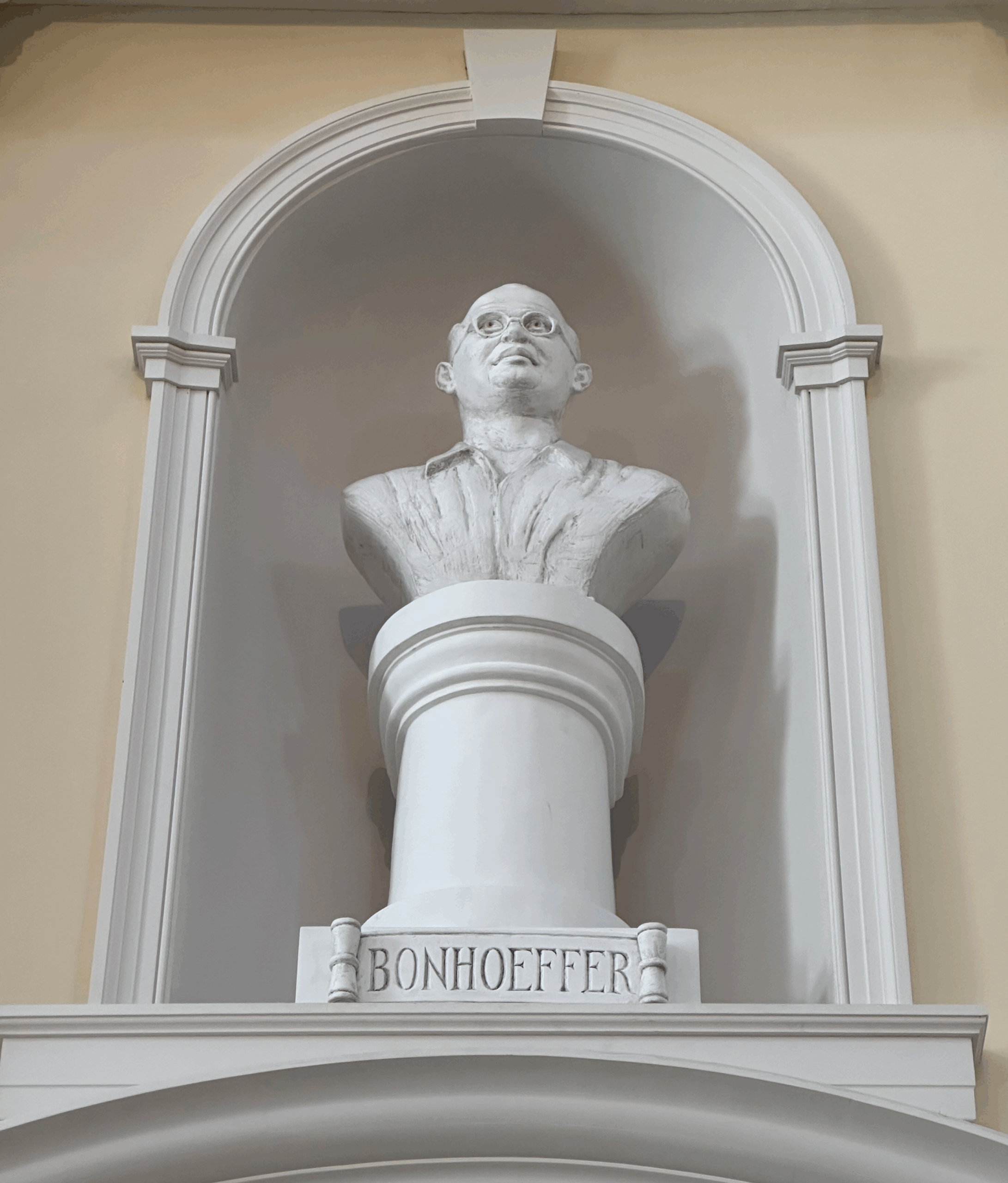Charlie put his Christian faith front and center in everything he did. Now, he's been assassinated.
Charlie Kirk is already being called a Christian martyr by many. Is he?
In Hodges Chapel, where I worship at Beeson Divinity School in Samford University, busts are reserved for Christian martyrs. Among them stands the bust of Dietrich Bonhoeffer, the Lutheran pastor who joined the conspiracy to assassinate Adolf Hitler. Hitler had Bonhoeffer executed by hanging before the conspirators had their way with Der Führer.

Some say Bonhoeffer is not a Christian martyr because he was not killed for refusing to keep quiet about Jesus Christ, but for his political actions. Others say that he is a martyr because he joined the conspiracy in obedience to Jesus Christ. Who’s right?
Kirk’s assassination has rocked America, but not all are mourning his death. Nancy Pelosi has already tried to leverage the event to urge gun control legislation. Others, including many online Christian outlets, are trotting out the same old evasive both-sides-ism to distract from their public despising of Kirk and the TPUSA movement that likely pushed Donald Trump over the top last November. Some who never raise their voices against the black-on-black violence that rages apace in our major cities (and has done so for decades) are now decrying “all violence.”
Evangelical pastors across the land who inherited and have labored to adhere to a “keep politics out of the pulpit” admonition find themselves needing to speak out about the assassination. That proves treacherous given Kirk’s repeated admonition to believers—namely, that Christians ought not vote Democrat.
And therein lies the crux of Kirk’s legacy that weighs upon all of us who preach the word of God now that the Lord has taken his faithful, courageous servant from us.
Who will tell Christians what Kirk did now that he is gone?
In a nation where religious liberty has flourished pretty well for a long time, Christians and churches are now in the crosshairs of myriad enemies, cultural, political, and institutional, including on our college campuses, where Charlie took his two-pronged message, both components of which he knew would trigger Democrats—unabashed patriotism and overt, vocal, and unashamed Christian faith.
Kirk did this as the Democrats, the mainstream media, blue city operatives, and colleges and universities themselves repeatedly likened candidate and President Trump to Adolf Hitler and his supporters to Nazis. Kirk did this in a secularized world where, as Tom Holland insists, Hitler now takes the place of Satan.
Twice, I was asked by students to serve as the Faculty Sponsor for Turning Point USA at Samford. I agreed. But both times I weighed the decision, knowing association with Kirk could put me on the radar of those who view Trump supporters as Nazis and thus, as fair game.
I wish I could say I discovered contemporary America to be a land churning with defense of the freedom of speech, religious liberty, and admiration for Christianity. Alas, it was not to be. In 2023, I wrote about published results and commentary on the experience of conservative faculty and students on our nation’s campuses. You can read it here. Conservatives face widespread hostility, stigma, and ostracism.
But none of the conservative students who saw Kirk as their hero needed to read the article. They’ve lived it every day since they first set foot onto the bastions of blue hatred and intimidation that are the colleges and universities of America.
Charlie Kirk repeatedly shared his Christian faith with college students and insisted that his leadership of Turning Point USA was a manifestation of his Christian calling. He received constant death threats and understood all too well that his life was in danger.
Like Bonhoeffer, Kirk did what he did in obedience to Jesus Christ, knowing it might cost him his life. And now it has.
If Bonhoeffer belongs to the ranks of the martyrs, does not Kirk as well? Yes. Yes, he does.
Share This Story

